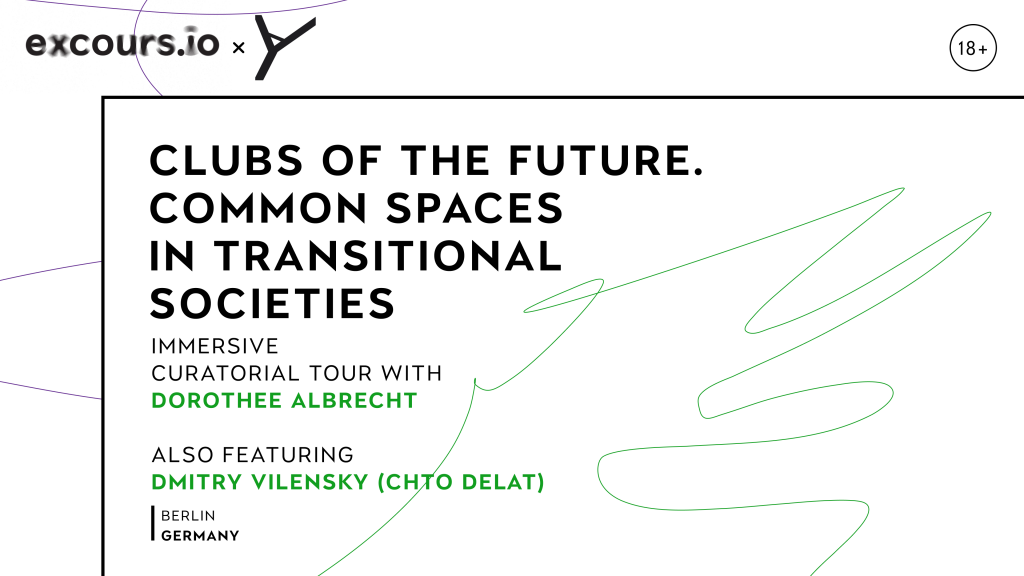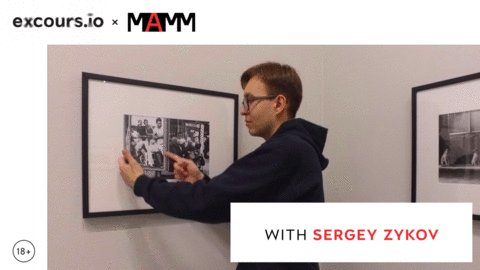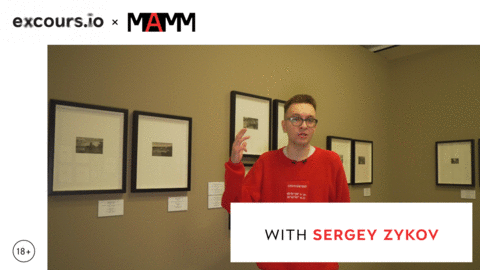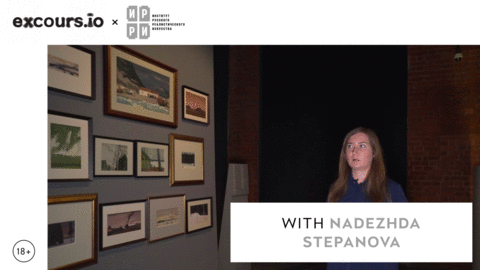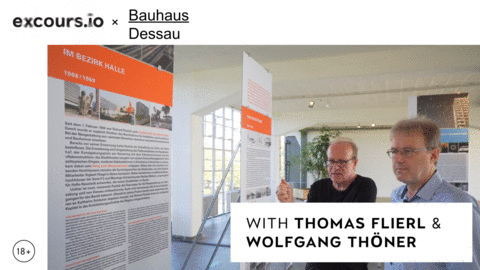In a nutshell
Why should you watch this?
Curator
Alexandra Selivanova
Bio
Alexandra Selivanova is a curator and art historian specializing in early Soviet culture, with a focus on architecture and art from the 1920s and 1930s. Since January 2023, she has been a research fellow at Bauhaus University Weimar, affiliated with the project Madness, Media, Milieus. She curated numerous interdisciplinary exhibitions in Moscow, Yekaterinburg, and Perm, addressing themes such as Soviet art and aviation, psychotechnics, and electrification. Selivanova authored books including Avant-garde and Aviation (2014) and VHUTEMAS. School of the Avant-garde (2020). She founded the Avant-garde Centre in Moscow in 2014, promoting research and exhibitions on Soviet avant-garde.

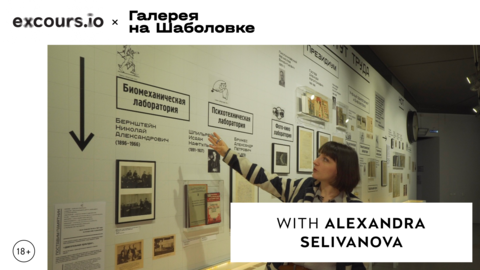
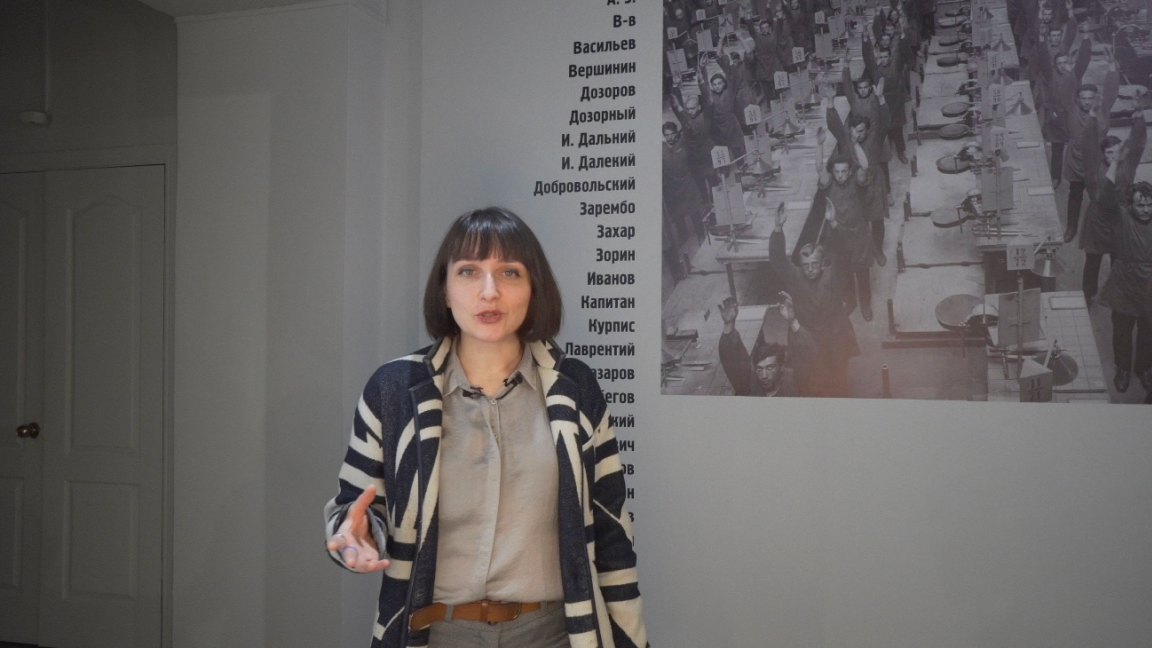
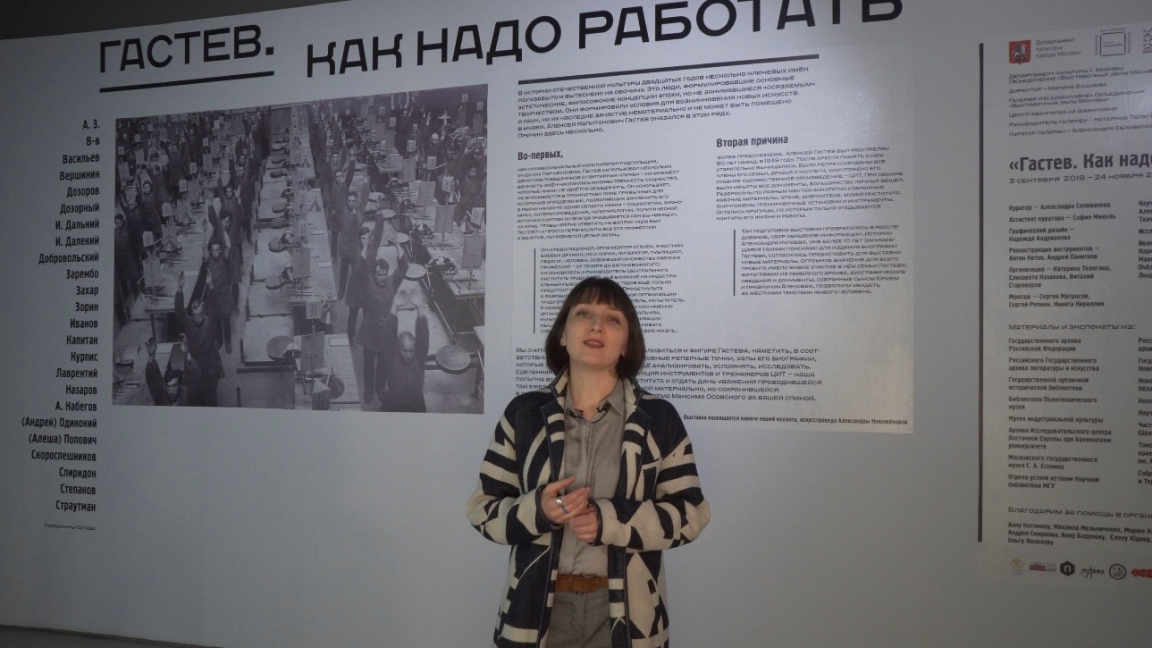
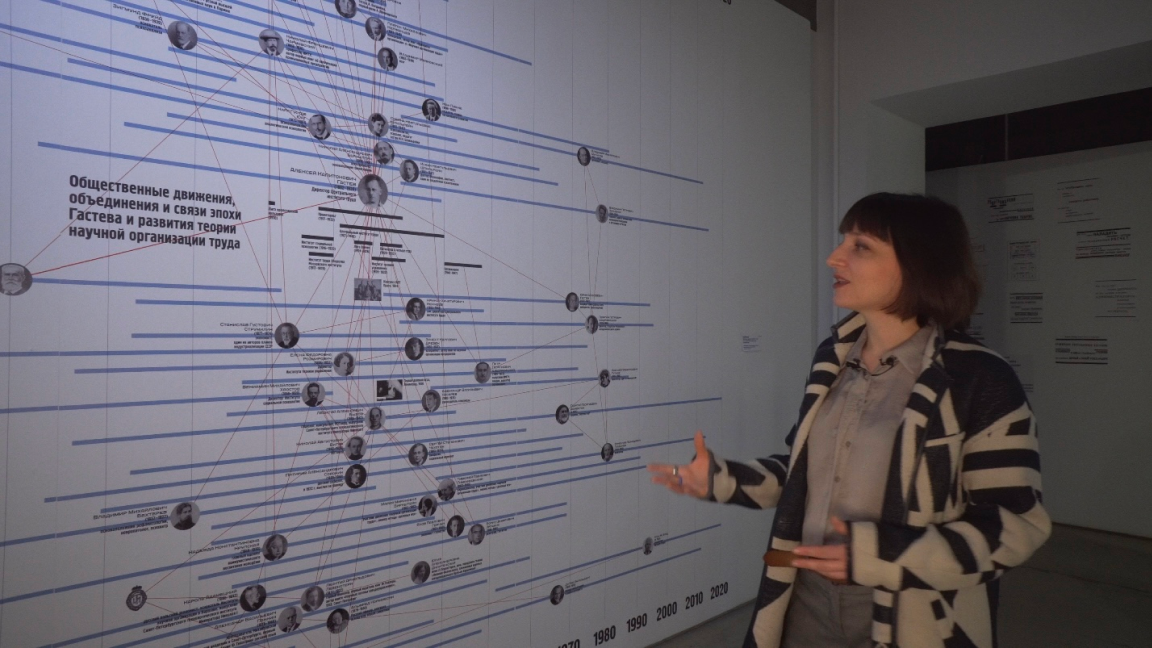
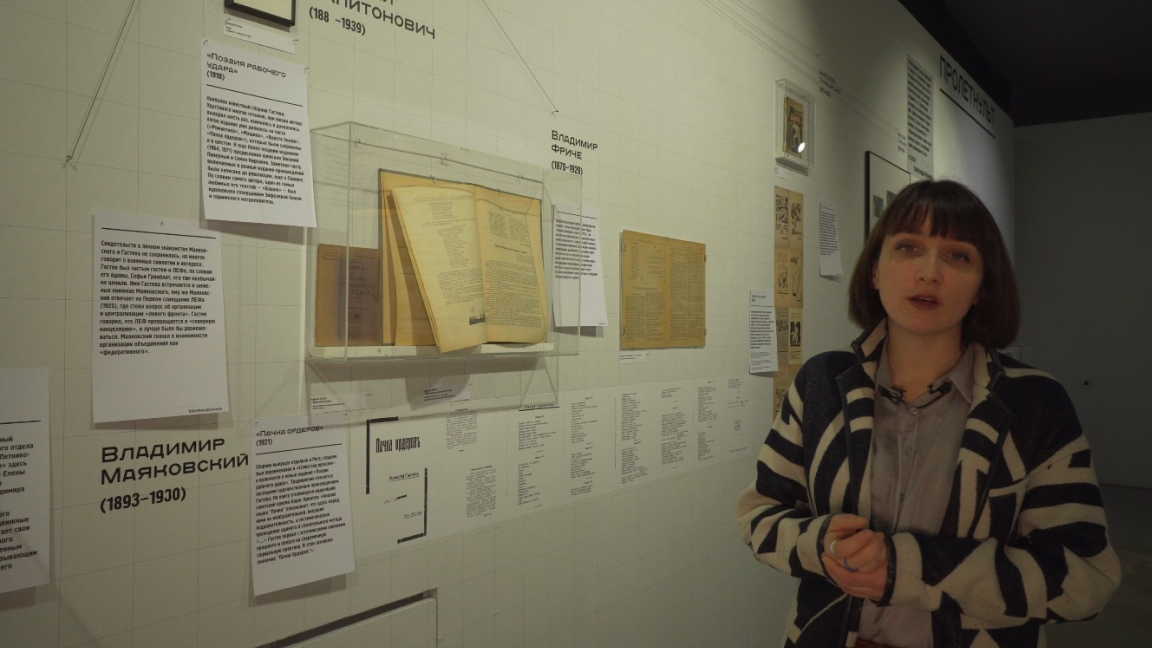
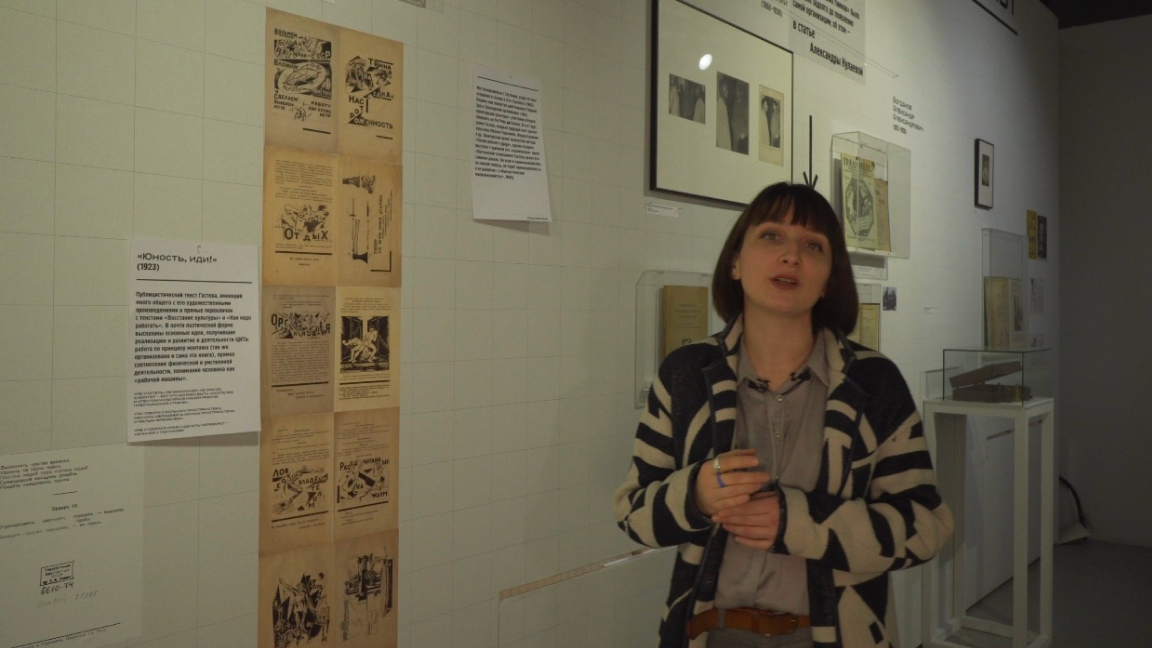
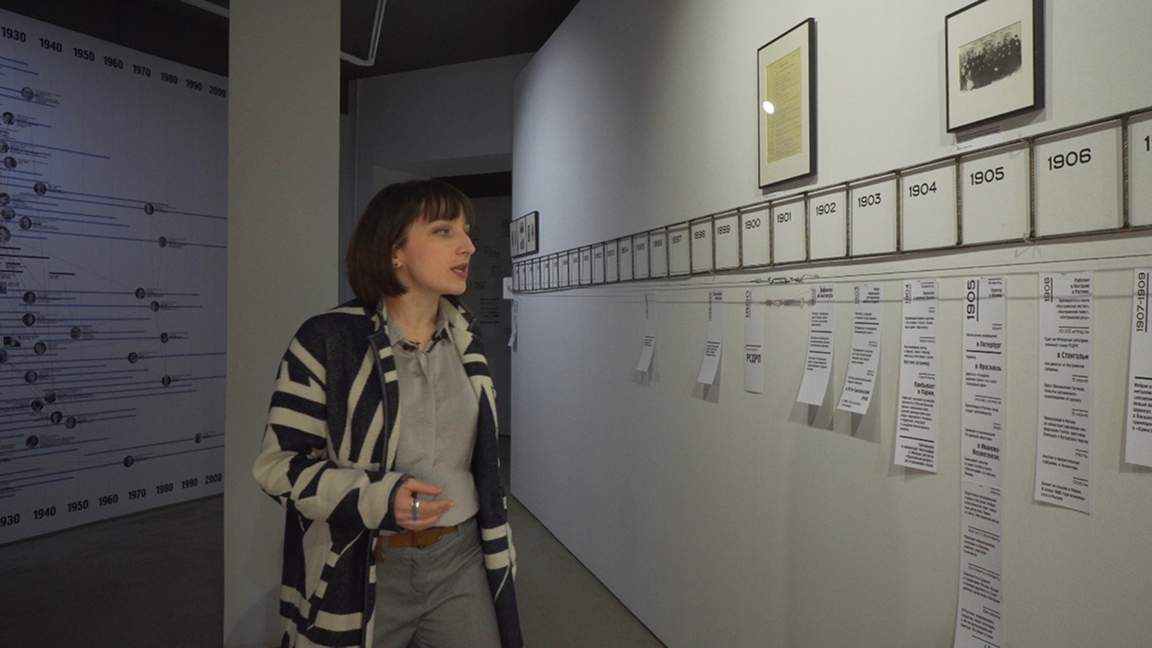
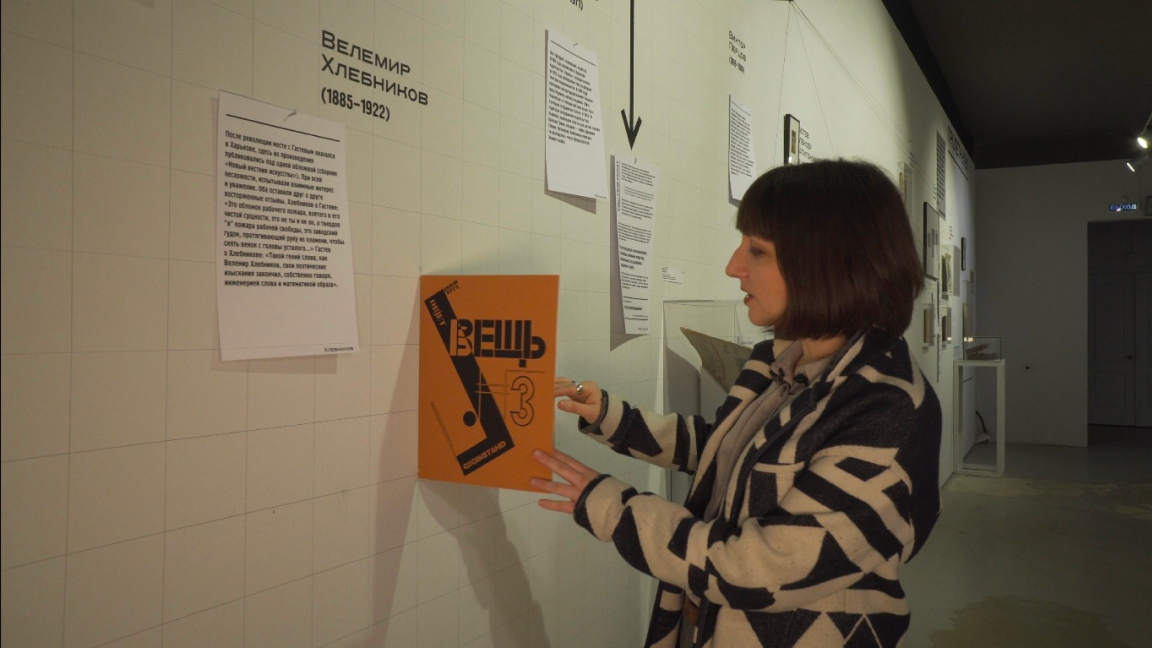
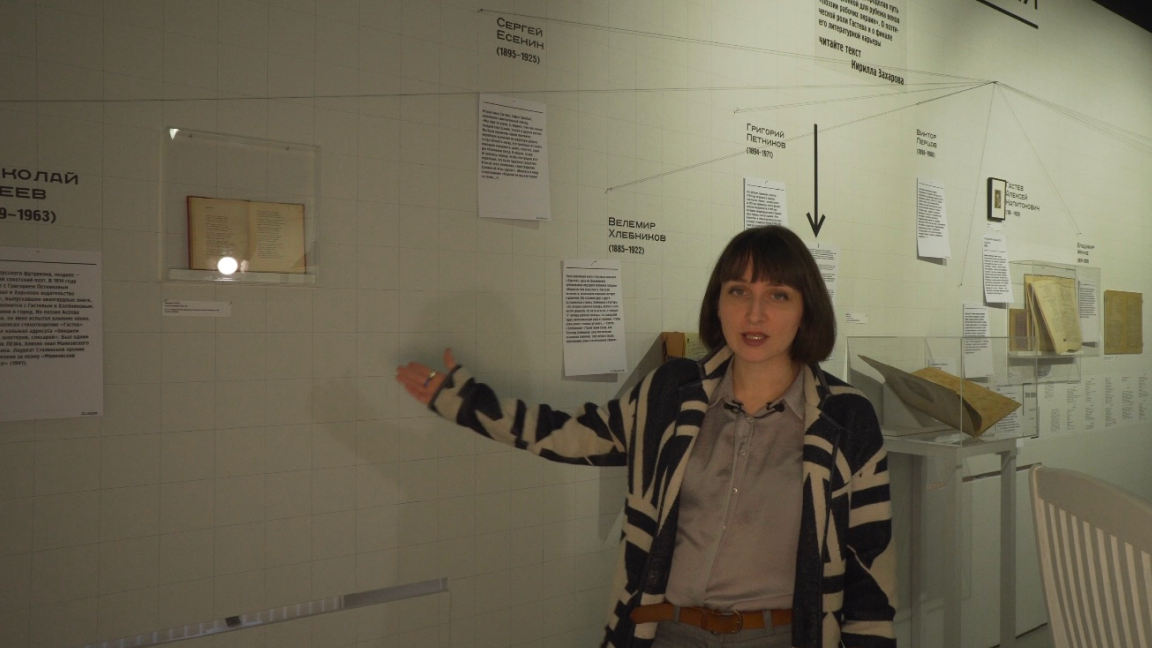
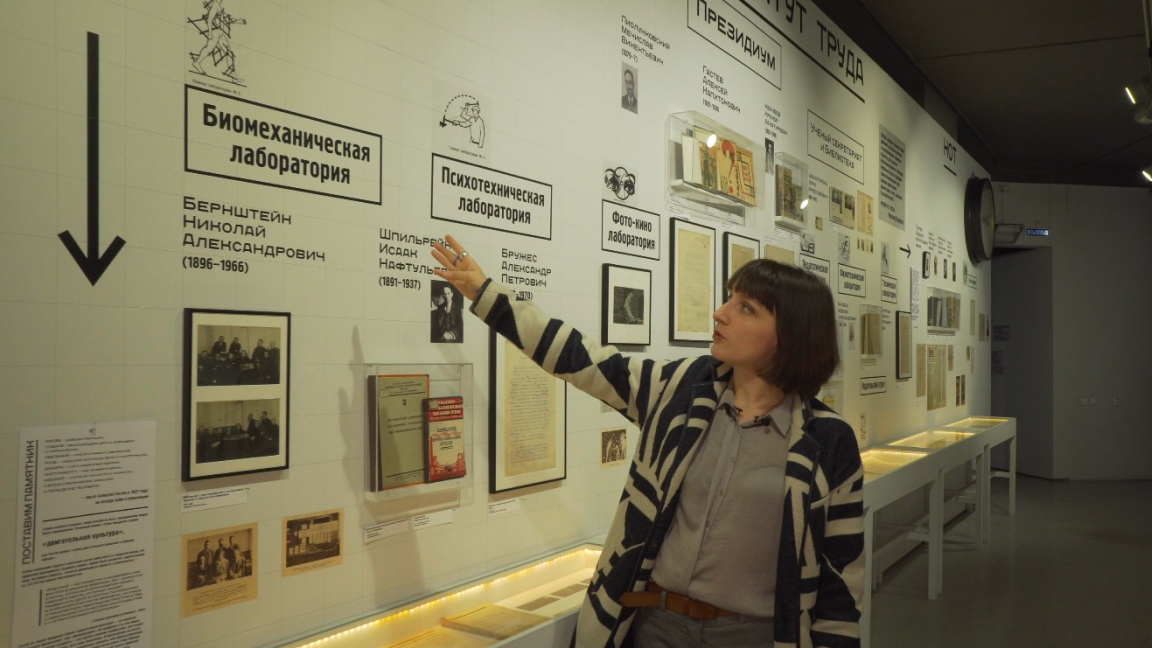
 English, Russian
English, Russian
